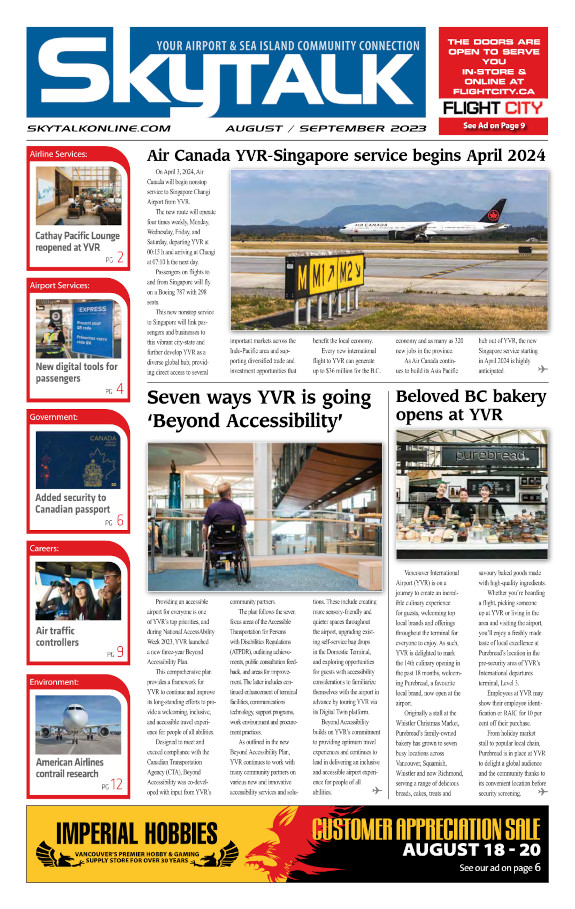Conversational Artificial Intelligence (AI) is a hot topic and features in the global forum for travel industry stakeholders, Future Travel Experience (FTE), 10 technology trends that can enhance airline and airport operations in 2023.
In 2022, a breakthrough year for the technology, ChatGPT, launched as a prototype in November, generating significant media coverage. The news that Microsoft is investing $10 billion in OpenAI, the startup behind ChatGPT, followed by Google’s announcement of its tool, Bard, has ensured conversational AI remains firmly in the spotlight.
In an interview with FTE, the chief information officer of Seattle-Tacoma International Airport (SEA), Matt Breed, explained how the airport used ChatGPT to create the framework for an Aviation Technology Master Plan and the potential for Artificial Intelligence and Machine Learning to improve at an exponential rate.
“As the technology matures, you gain a trusted advisor with access to more information than any single human being has ever had—very similar to the computer in Star Trek, said Breed. “Imagine having the collected knowledge of all experts in every field available to you on demand. Whether you are a maintenance worker in the field trying to figure out a particularly rare problem or a CFO at headquarters trying to analyze a complex financial problem, having instant access to that knowledge is extremely valuable.”
ChatGPT has much potential in the aviation space, with new use cases emerging daily. Among those that Breed highlights are:
- Enhanced Chatbot for customer service
- More accurate and more personalized data for travellers (flight information, baggage tracking, wayfinding)
- Rapidly analyze large data sets (passenger flow data, airfield operations).
- Digital personal assistant for knowledge workers
- Enhanced information retrieval (search, data summarisation, etc.)
Nevertheless, he does express a word of caution on ChatGPT in its current state.
“As many people much smarter than me have pointed out, it is very good at providing plausible-sounding answers that are factually incorrect. Anyone using the tool should familiarise themselves with its limitations and always validate with another source.”








